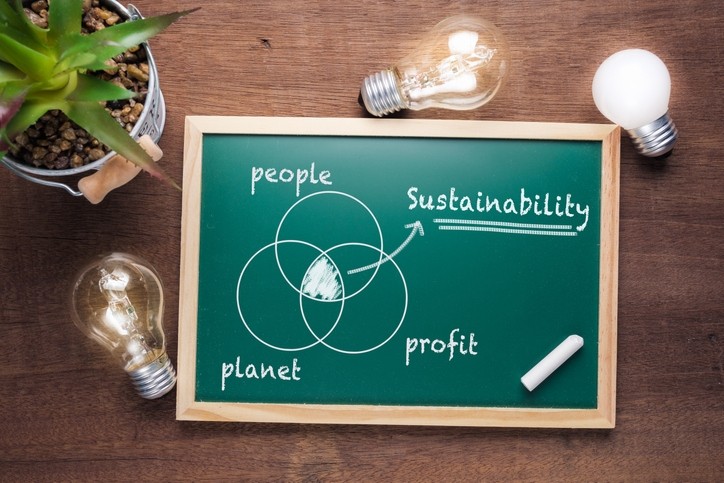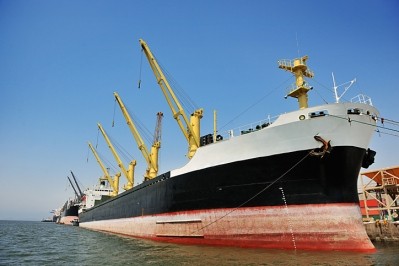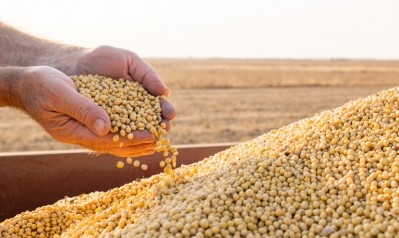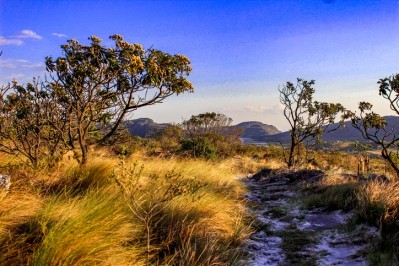LDC sets responsible soy sourcing targets for 2020 and beyond

It referenced the achievements it has realized as a company by incentivizing soy farmers to conserve native vegetation through preferential financing, and, collectively, alongside fellow Soft Commodities Forum (SCF) members, in the Cerrado.
Through the SCF, the company has been reporting biannually, since June 2019, on soy sourced from Brazil’s Cerrado biome, and from specific municipalities within it that have been identified as priority areas for collective action.
Just over 25% of its Brazilian soy is sourced from the Cerrado. But it said the percentage of its Cerrado sourced soy that comes from the 25 municipalities recognized as high priority areas is 1% or “just 0.25% of our total Brazil soy volume.”
Looking ahead to 2020 and beyond, LDC said it expects to make gains in sustainable sourcing, and that its work towards a more responsible soy business involves:
- Incentivizing producers to preserve natural vegetation, regardless of existing entitlements.
- Mapping supply chains.
- Ensuring traceability for direct sourcing activities in Brazil, Argentina and Paraguay.
- Protecting key areas through partnerships with fellow members of the SCF in the Cerrado and CIARA and The Nature Conservancy in the Gran Chaco.
- Sourcing certified sustainable soy where possible and where demand exists.
In terms of the program it runs with WWF Brazil to support farmers financially to expand soy production on already cleared land, LDC said market conditions in 2019 meant the facility had limited uptake but the company expects uptake of the financing line to increase this year.
Traceability targets
Of all the soybeans it sources in Brazil, about half are directly purchased from farmers, it reported.
LDC said that to ensure traceability of soy purchased to farm level, farms where soy was produced must have an Environmental Rural Registry (CAR) number and the GPS coordinates of the farm must be available.
“While we aimed for full traceability to farm level by the end of 2019, we missed the target due to significant technical reasons. Federal and state databases make it difficult to link the group-level supplier to the many farms they hold a CAR number for.”
The company said it attained traceability to farm for over 30% of all directly sourced volumes in Brazil and its target on that for 2020 is 50% with a focus on areas at higher risk of deforestation.
“We intend to continue mapping where we have gaps, focusing on higher priority municipalities and states where there may be higher rates of conversion of native vegetation.”
LDC also outlined how it spent 2019 working with farmers in Brazil to build a “certified supply chain that links our sustainability ambitions with customer requirements.”
It outlined how it has set up tools and processes to trace directly sourced soy back to farm level in Argentina and that it intends to carry out mapping and risk analysis in Uruguay and Paraguay.
RTRS port certification
The company is in the process of certifying three ports in Paraguay and two in Argentina under the RTRS scheme, which it said will allow it to source RTRS beans through chain of custody certification.
Having established its own third-party verified deforestation-free soybean meal supply chain in Argentina, LDC said it is starting to offer soybean meal this year under this program, the size of which will depend on market demand.
Beyond its partnership work, the agribusiness group said it also seconded its global sustainability manger for grains and oilseeds to the Tropical Forest Alliance to support the platform “in advancing multi-sectoral dialogue and solutions for a positive forest future.” The focus of that work is initially on soy in Brazil.














